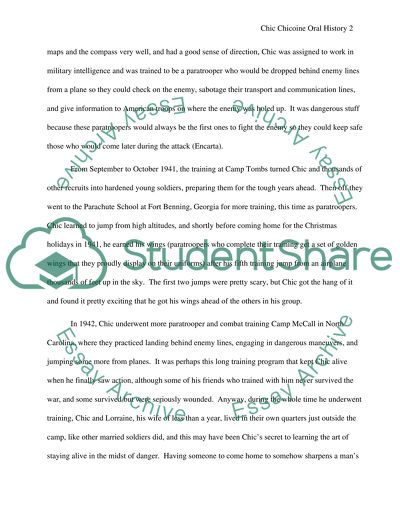Cite this document
(“Father-in-Law and D-Day Essay Example | Topics and Well Written Essays - 1500 words”, n.d.)
Father-in-Law and D-Day Essay Example | Topics and Well Written Essays - 1500 words. Retrieved from https://studentshare.org/miscellaneous/1513367-father-in-law-and-d-day
Father-in-Law and D-Day Essay Example | Topics and Well Written Essays - 1500 words. Retrieved from https://studentshare.org/miscellaneous/1513367-father-in-law-and-d-day
(Father-in-Law and D-Day Essay Example | Topics and Well Written Essays - 1500 Words)
Father-in-Law and D-Day Essay Example | Topics and Well Written Essays - 1500 Words. https://studentshare.org/miscellaneous/1513367-father-in-law-and-d-day.
Father-in-Law and D-Day Essay Example | Topics and Well Written Essays - 1500 Words. https://studentshare.org/miscellaneous/1513367-father-in-law-and-d-day.
“Father-in-Law and D-Day Essay Example | Topics and Well Written Essays - 1500 Words”, n.d. https://studentshare.org/miscellaneous/1513367-father-in-law-and-d-day.


